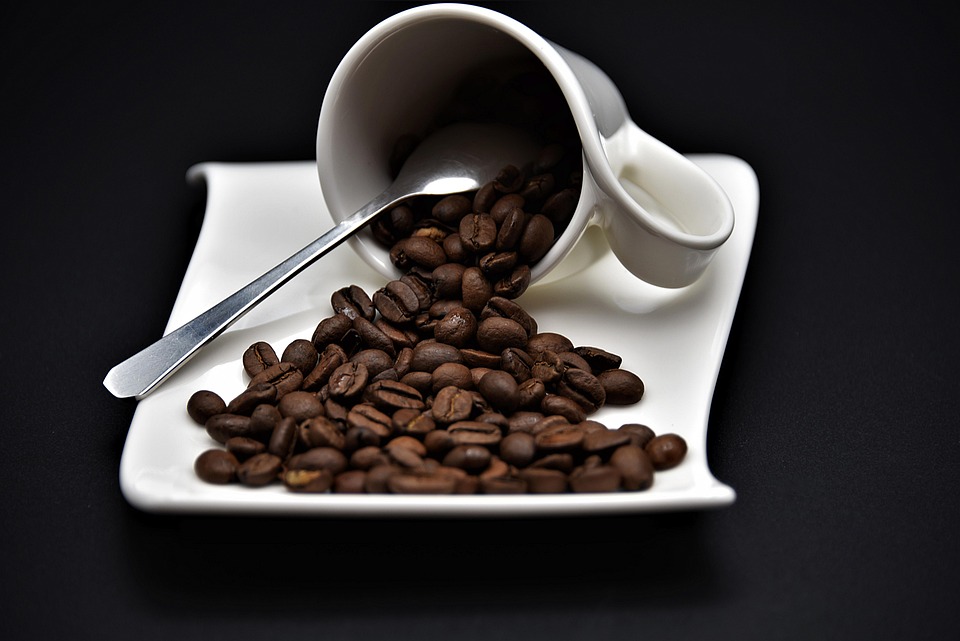The Origins of Toraja Coffee
In the heart of South Sulawesi, Indonesia, lies a region known for its breathtaking landscapes and rich cultural heritage. The Toraja people, renowned for their elaborate funeral rites and traditional houses, have also made a mark in the coffee industry with their high-quality Toraja coffee. This unique coffee variety has its own distinct aroma and flavor profile, making it a sought-after product globally.
Geographical Influence
Toraja coffee is grown in the Central Valley of Toraja, elevated at altitudes ranging from 1,200 to 1,800 meters above sea level. The rugged terrain and rich volcanic soil contribute to the unique characteristics of the coffee beans. The climate, featuring mild temperatures and ample rainfall, creates an ideal environment for cultivating Arabica coffee. The remoteness of the growing regions also ensures that the coffee beans are hand-picked and processed with care, preserving the traditional methods passed down through generations.
Cultural Significance
The cultivation of coffee in Toraja is not just an agricultural endeavor; it is deeply interwoven with the local culture. For the Toraja people, coffee is a symbol of hospitality and socialization. It often plays a crucial role in community gatherings, celebrations, and even rituals. The local farmers take great pride in their harvesting processes, which are often done manually, ensuring that only the best cherries are selected.
- Harvesting Techniques: Farmers typically use traditional methods to harvest their coffee. The cherries are picked by hand to ensure only the ripest cherries are chosen, which contributes to the quality of the final product.
- Processing Methods: After harvesting, the coffee beans undergo several processing stages, including washing and drying. This meticulous approach enhances the beans’ flavor, allowing unique tasting notes to emerge.
Flavor Profile
Toraja coffee boasts a complex flavor profile that is attributed to its unique growing conditions and post-harvest processing. Tasting notes often include:
- Fruity: Hints of dried fruit, such as apricots and raisins, add a rich sweetness.
- Spicy: Some batches can possess a subtle spiciness, reminiscent of cinnamon and clove.
- Earthy: A deep, earthy undertone often complements the coffee’s profile, making it rich and robust.
These characteristics make Toraja coffee a versatile choice for various brewing methods, whether it’s a French press, pour-over, or espresso.
Market and Global Recognition
In recent years, Toraja coffee has gained international acclaim, with many roasters and coffee enthusiasts recognizing its exceptional quality. The coffee’s unique flavor profile, high-quality cultivation techniques, and organic certification have elevated its status in the specialty coffee market. To learn more about Indonesia’s specialty coffee and its significance in the global market, you can explore an insightful article here.
Various coffee competitions, such as the Cup of Excellence, have featured Toraja coffee, further solidifying its reputation. As demand increases, the local farmers are beginning to receive fair trade prices, allowing them to improve their livelihoods and invest in sustainable practices.
Challenges Faced by Toraja Coffee Farmers
Despite its rising popularity, Toraja coffee producers face numerous challenges. Climate change poses a significant threat to coffee cultivation, with altered rainfall patterns and rising temperatures impacting crop yields. Additionally, the local farmers often lack access to modern farming techniques and resources, which can affect the quality and quantity of their harvests.
Efforts are being made by local cooperatives and NGOs to provide training and support to the farmers, helping them adopt sustainable practices while improving their livelihoods. This empowers the farmers to maintain the quality of Toraja coffee, ensuring its legacy continues.
Conclusion
The rich heritage of Toraja coffee in South Sulawesi is not just about exceptional coffee; it represents a deeper connection between the land, the people, and their culture. Sustaining this heritage will require concerted efforts to address the challenges faced by the farmers while promoting fair trade practices and environmental sustainability. As global recognition of Toraja coffee grows, it becomes increasingly vital to support the local communities that cultivate and nurture this exquisite product. Through responsible consumption and appreciation, we can ensure that the essence of Toraja coffee remains vibrant for future generations.
FAQs
1. What is Toraja coffee known for?
Toraja coffee is known for its unique flavor profile, which often includes fruity, spicy, and earthy notes. It is grown in the highlands of South Sulawesi, giving it distinct qualities that set it apart from other coffee varieties.
2. How is Toraja coffee processed?
The coffee cherries are hand-picked, then washed and dried. This traditional processing method enhances the flavor of the beans and retains the high quality of the coffee.
3. What are the main challenges faced by Toraja coffee farmers?
Farmers are challenged by climate change, which affects coffee yields, as well as the lack of access to modern farming resources and techniques.
4. How can I support Toraja coffee farmers?
By purchasing certified fair trade Toraja coffee, you can help ensure that farmers receive fair compensation for their labor and contribute to sustainable farming practices.
5. Where can I find Toraja coffee?
Toraja coffee is available at specialty coffee shops, online retailers, and some grocery stores that focus on artisanal or international products. Look for brands that emphasize sustainability and fair trade practices.





